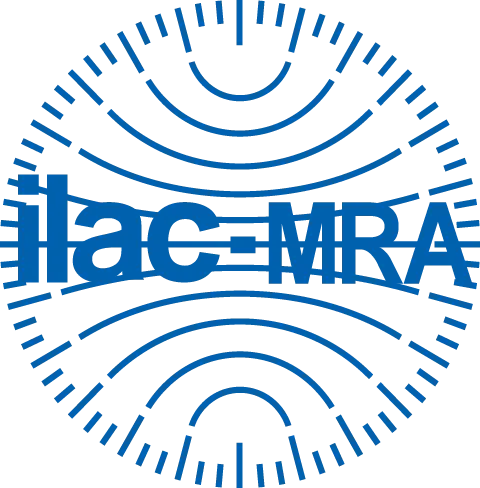Day by day, in the development of their activities, companies producing goods and services are faced with the need for reliable measurements so they can ensure the quality of their products and have information to make decisions regarding their production processes. Therefore, it is important that the measuring instruments used in these activities ensure their performance for the intended task.
This is where accredited calibration laboratories play a key role in providing accurate and reliable results, which can be accepted in more than 100 countries, thanks to the international recognition agreements with ONAC. If a laboratory provides this type of services and is interested in obtaining the ONAC seal of confidence, in this page you will find the step-by-step guide.
If a laboratory or a company requires calibration services, a list of accredited calibration laboratories can be found at the top of this section or in our Official Directory of Accredited Organizations.
The main purpose of accredited calibration laboratories is to provide calibration services for instruments used in the measurement of a wide variety of physical and chemical quantities involved in the manufacture and quality control of a product or in the provision of a service, among others.


Electronic Engineer from Central University. Specialist in Informatics and Industrial Automation from Distrital Francisco Jose de Caldas University.
Expert in industrial metrology, technical assistance in metrology, estimation of measurement uncertainty, requirements and competences for calibration laboratories and proficiency testing providers.
Linked to ONAC since October 2020 in the position of Sectoral Coordinator of Calibration Laboratories.
.

Industrial Engineering from the National Open and Distance University.
Project Management Specialist from El Bosque University.
Technological Specialist in Management of Testing and Calibration Laboratories – ISO/IEC 17025 Standard.
Expert in Industrial Metrology, metrological management, technical advice on aspects of
metrological interest, requirements and competence for calibration laboratories.
Linked to ONAC since 2024, in the position of Sector Coordinator of calibration laboratories.
The main purpose of accredited calibration laboratories is to provide calibration services for instruments used in the measurement of a wide variety of physical and chemical quantities involved in the manufacture and quality control of a product or in the provision of a service, among others.
Only accredited laboratories can ensure the traceability and reliability of calibration results. In turn, they have the competence to demonstrate that the specified requirements for a product, in this case the measuring instruments being calibrated, are met.
Accredited calibration laboratories cover a wide range of physical and chemical quantities (electrical, temperature, optical, dimensional, force, pH, conductivity, etc.) on a wide variety of equipment, – weighing instruments, mechanical testing machines, electrical gauges, volumetric vessels, etc.) serving all types of industries.


Verifica el estado en que se encuentra una acreditación, escribiendo a continuación, el código de acreditación:
El código de acreditación contiene la siguiente estructura:
AA-NNN-###
AA = Año solicitud
NNN = Abreviatura del esquema
### = Consecutivo asignado